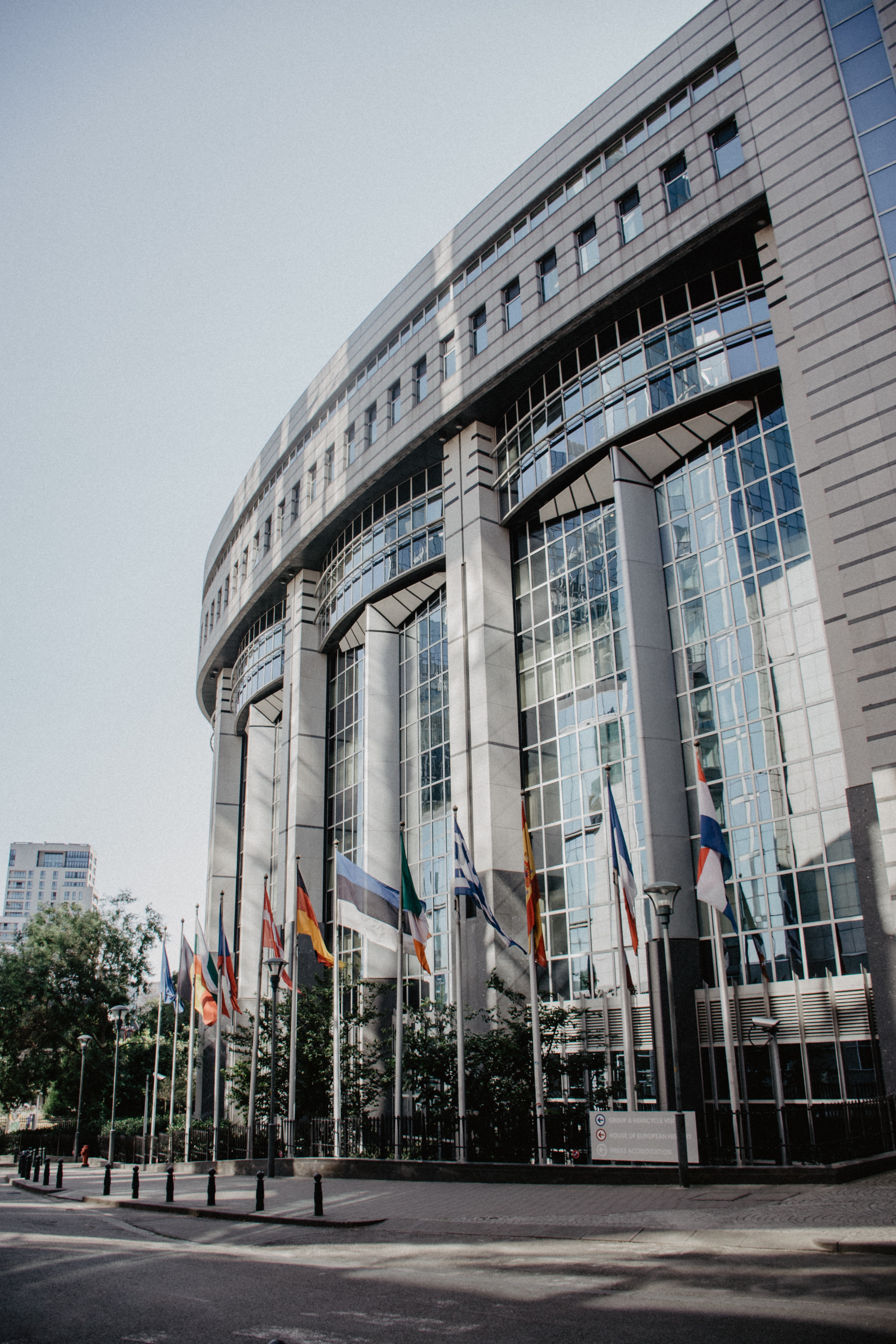European Parliament’s special committee on foreign interference and disinformation (INGE)
MEPs have voted on their position on the reforms to strengthen the integrity, transparency and accountability of the European Parliament.
The report – approved by a large majority – gives the Parliament and its members clear guidelines on transparency and on how to protect the European Parliament from foreign influence.
Even so, S&D MEPs say they still want “far more ambitious” rules regarding the personal financial interests of MEPs, adding,”and we will continue to do so.”
Socialists and Democrats want an up to 24-month ‘cooling-off period’ for MEPs at the end of their mandate if they want to take up lobbying activities.
The conservative compromise adopted by members only allows for a six-month ‘cooling-off period’.
S&Ds say they urge the conservative European People’s Party (EPP) and liberal Renew Europe (RE) to support their proposal for a ban on all side jobs listed in the EU Transparency Register.
A Socialist spokesman said, “MEPs should simply not be able to lobby on behalf of a company while holding a mandate.”
Nevertheless, the adopted measures go further than President Metsola’s 14-point reform plan.
The rules include an obligation of asset declaration for all MEPs, before and after the mandate, as well as prohibiting MEPs from keeping gifts above €100. The adopted rules also include a ban on paid side jobs for high-risk third countries and the obligation to publish all scheduled meetings with third parties.
The new internal rules also oblige not only MEPs, but also accredited assistants and staff to publish all scheduled meetings with lobbyists and interest representatives.
Andreas Schieder, S&D spokesperson and negotiator in the INGE committee, said: “The investigations of INGE have shown us that the problem of foreign influence is bigger than we thought. Authoritarian countries, such as Russia and China, are trying to divide and weaken the EU, and undermine our democratic model. ‘Qatargate’ has revealed that we, in the European Parliament, are not immune to foreign interference either.”




